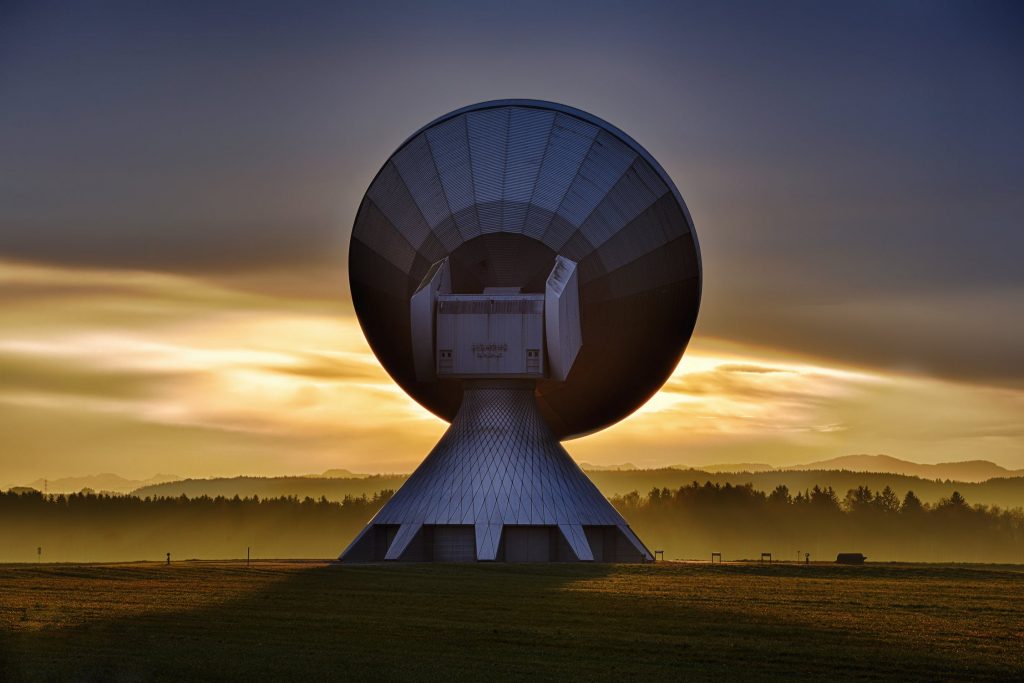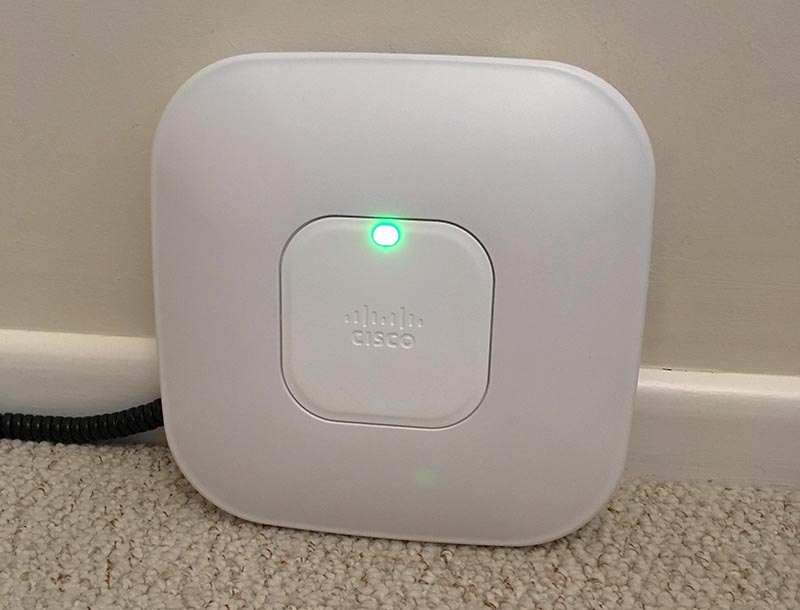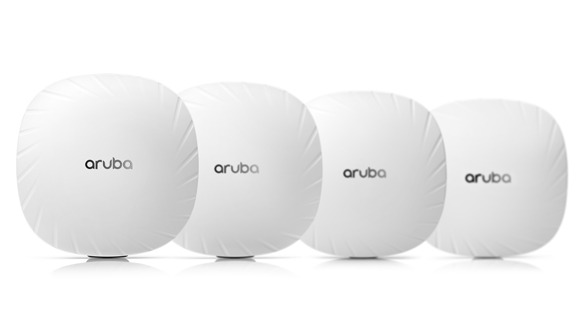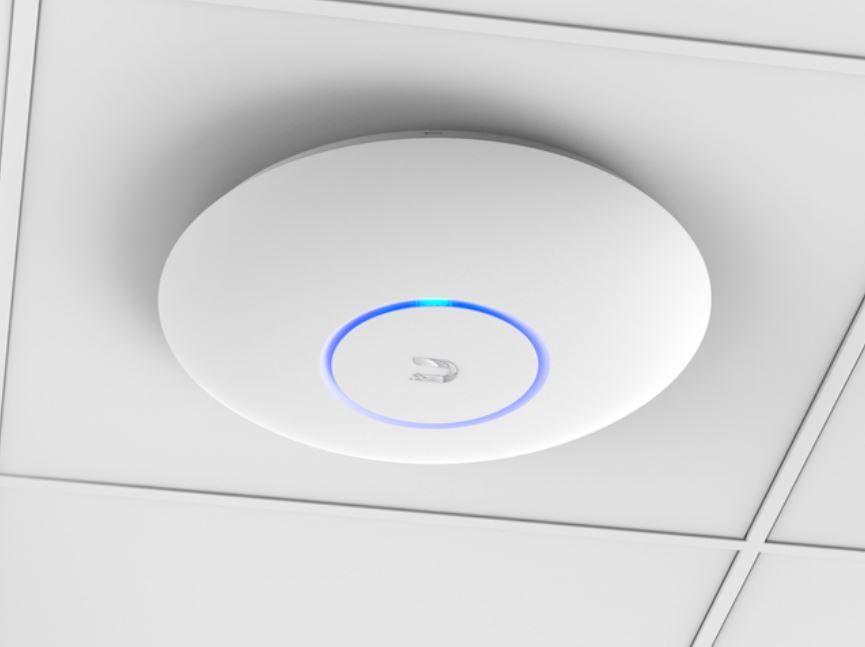
As many people have more than 2 devices in their hands, the needs of WiFi become more. Only a wireless router can’t meet the needs now. So many businesses want to deploy access points in their shop. Many enterprises also like to deploy access points to improve work efficiency.
However, many people will ask “How do I choose an access point?”
As there are many brands in the market, which is the best access point?
In this post, I will tell you 4 misunderstanding when choosing an access point and recommend you some brands. Hope it help!
4 Misunderstanding when choosing an Access Point
Misunderstanding 1: The higher the price, the better the AP and the more applicable it is!
Of course not! Buying AP products also requires suitable needs. If the price is too high, it will not only increase costs, but also cause idleness and waste in function and performance; if the price is too low, it will prevent overcharging and overcharging.
Some manufacturers will also capture the noble psychology of users that “expensive is good” and launch so-called “upgraded and enhanced” AP products. In fact, this is just “old wine in new bottles”. Therefore, when purchasing APs, you must recognize the actual performance of the product to avoid being confused by the exaggerated advertising effect.
Misunderstanding 2: The greater the wireless transmission power of AP products, the faster the Internet speed!
Generally speaking, the greater the power, the wider the coverage. However, in the experience of Internet speed, high power is not the only consideration, but also the number of connected users, the receiving power of mobile phones and notebooks, and other devices. Imagine that if the power of an AP product is large enough, but its number of user connections is limited, once the number of simultaneous Internet users exceeds the number of user connections, the user’s Internet effect will be greatly reduced, and even cause the system to crash. It is not wise to pursue high-power products blindly.

Misunderstanding 3: The better the effect, and the faster the Internet speed!
Actually not. The stronger the ability to penetrate the wall, to a certain extent, it shows that a large number of signal sources are gathered in a certain direction of the product, but it does not essentially extend the coverage, but the wireless signal is transferred in the direction. The AP should have a built-in high-gain antenna and a multi-power amplifier design, which can greatly improve the signal strength and penetration ability. Under the premise of ensuring signal stability, the wireless coverage area will be wider.
Therefore, only by finding the appropriate AP coverage and finding a balance between the number of connected users, coverage, and signal strength through the wall can the AP run more stable and reliable, and the Internet experience will be better.

Misunderstanding 4: The better the hardware performance, the better the operating efficiency of the AP itself, and the faster the Internet access!
Needless to say, the importance of good hardware performance for an AP product. However, in addition to excellent hardware performance, a powerful wireless AP is also essential for powerful AC supporting management software. If there is only hardware, and the software interface and application functions cannot reach the matching level, then this product will not be accepted by the market.
When choosing access points, we must consider various needs and don’t only trust one data. Here I recommend you some brands.

Cisco may be the best networking hardware manufacturers in the market, and its access points also can meet various needs. If you have small business, you can choose Cisco 1800 series access points. If you want the latest WiFi 6 AP, you can choose the Catalyst 9100 series aps. The biggest problem is that the cost of Cisco access point may be higher than other brands.

Aruba Access point
Aruba is a subsidiary of HPE now, but the Aruba Access points may be more useful than HPE own aps. Aruba also provides various access points to meet small-to-large business needs. The benefit of Aruba AP is the low price. It’s starting at $103.00 at our shop. (Shop Now)

Ubiquiti Access point
Ubiquiti sells wired and wireless networking products under multiple brand names. The company also sells grid-tied solar kits. Ubiquiti’s first product line was its “Super Range” mini-PCI radio card series, which was followed by other wireless products.

Finally, when planning a wireless network to purchase AP equipment, not only should the hardware performance, coverage, transmit power, wall penetration and other hardware parameters of the wireless AP be considered, but also the operation of the AP product, the number of connected users, reliability and stability, security, and the balance between coverage and signal strength.
Related Topics:
Buyer Guide: How to Select Access Layer Switches for Enterprise?
Buyer Guide: 5 Don’ts of Selecting Enterprise Firewalls
Why Upgrade to Cisco Catalyst 9100 WiFi 6 Access Point?
How to choose the Cisco on-premise access points: Cisco 1800 AP & Cisco 2800 AP
Selected Aruba Wireless Access Points and Mobility Controllers



